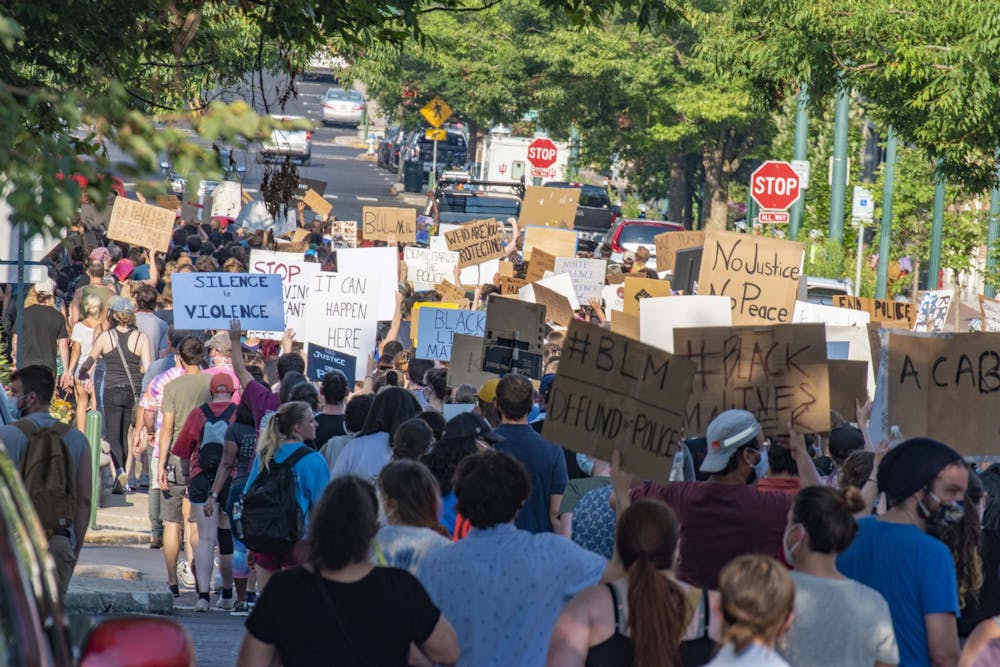The summer of 2020 was dense. We saw a series of wide-scale protests across the country in response to police brutality, warranting an examination of how the police system works in the United States. We saw a pandemic bring the world to its knees, calling into question the realities of healthcare and housing access, with a never-before-seen amount of citizens on unemployment, unable to earn enough to keep up with mounting bills. On top of all of this, we witnessed one of the most intense election seasons in American history, after which there was an attack on the US capital.
It felt like the world was going to fall apart. The number of citizens infected with the coronavirus rose and the number of protests grew. As grim as it was, I was still hopeful. This would be the time where it could no longer be denied – things aren't working. The systems and processes we have in place do not function as they should. For all the death and pain and fear, this time it wouldn't be ignored.
It's now a year later. Very little has changed.
Despite all the effort and righteous anger from 2020, we still remain with the same issues, which is demoralizing and saddening. Activists need new tactics. A modern revolution for [racial justice, etc] isn't going to look like those of the past, which is obvious, but even our new tactics seem to be ineffective.
In the 20th century, petitions and marches may have been effective in getting people to rally behind a cause, but modern tactics have changed. Today we see most of the activism done online through social media. Of course there's a ton of work detailing the many issues with social media activism but there are still benefits. It can't be denied: Social media and the internet has helped put more eyes on issues that would otherwise go unseen. For a while it seemed this new age of resistance — being able to record and showcase events in real time — would help. While it does, it comes with its own problems.
The constant flow of information from social media leads to burnout and can lead to people, especially members of the same communities facing injustice, traumatized. In the 21st century, the death of a Black person is televised and showcased so often that it's difficult to avoid seeing a corpse. Filming and recording violence like George Floyd’s death is important, but the effects of seeing that traumatizing moment for months on end can harm the Black community as well.
The showcasing of extreme lethal violence can make a person hesitate to show up outside for a march or a sit-in. Their options, then, would be spreading word around for the protests going on or just donating money to the cause. But even then, finding a reputable charity is difficult, and there are cases of the funds raised being used by scammers. Frankly, even if the charities were all legitimate and did help the protests, philanthropy and social media posts alone won't fix anything.
Protests take shape depending on their place and time, and while they definitely have taken a different approach from protests of the past, I worry that these modern tactics aren't enough. And if the old methods don't work, then what are we left with? While it seems things are more calm now, tensions are still high, and we'll be due for another wave of protests. I only hope that whatever comes next brings change.






